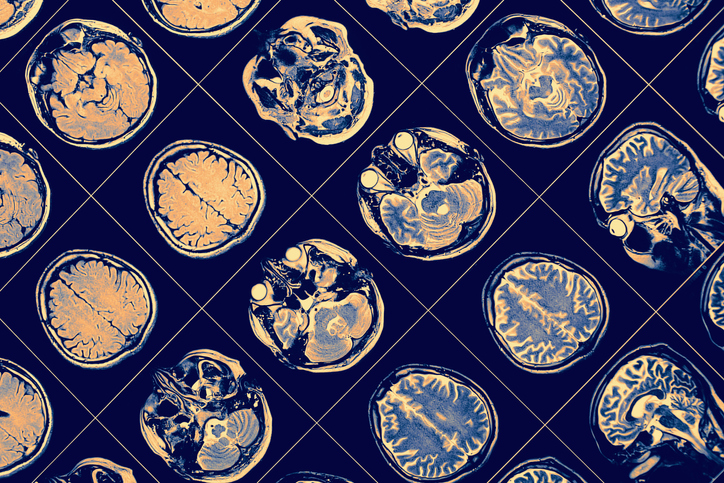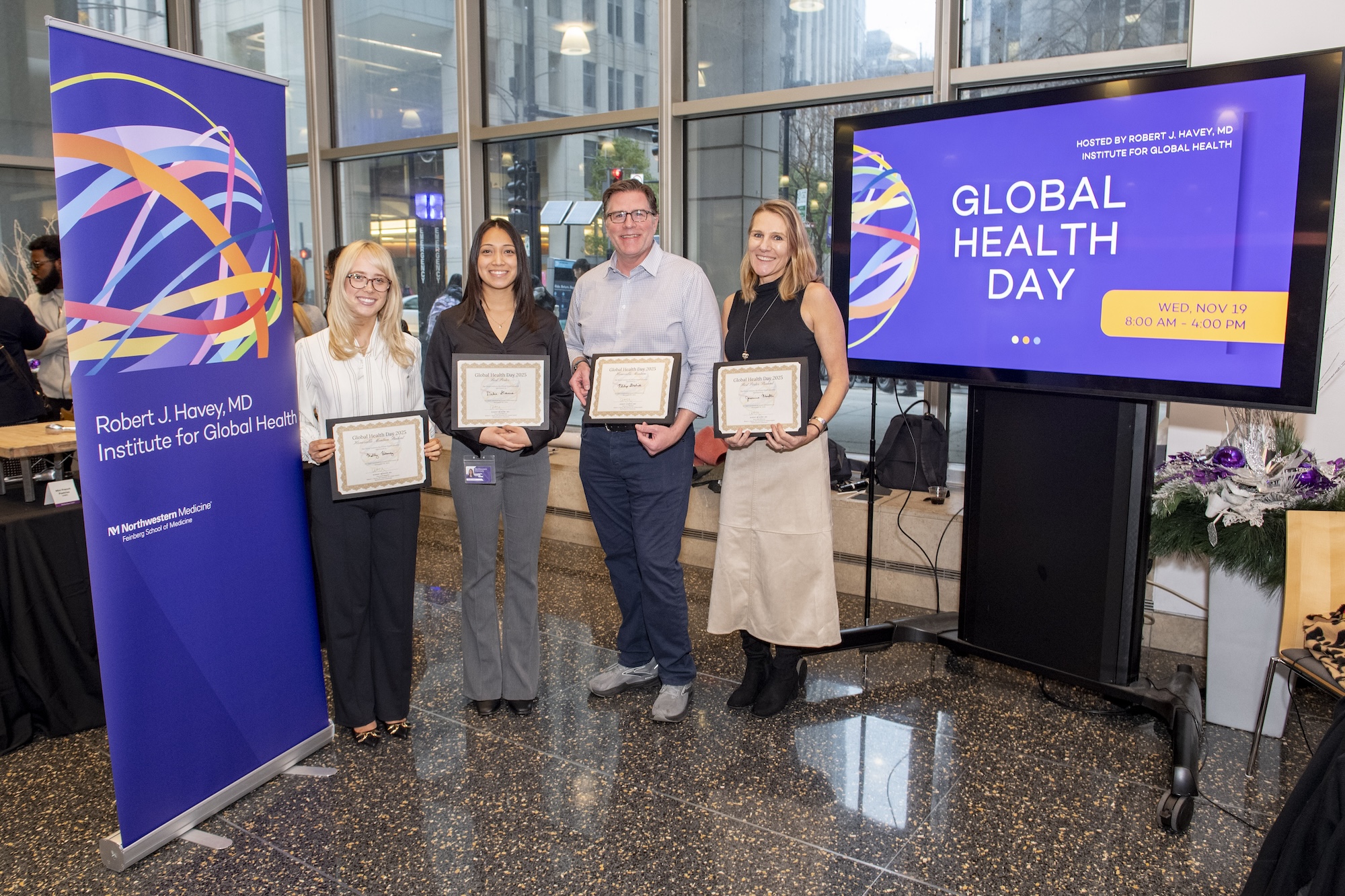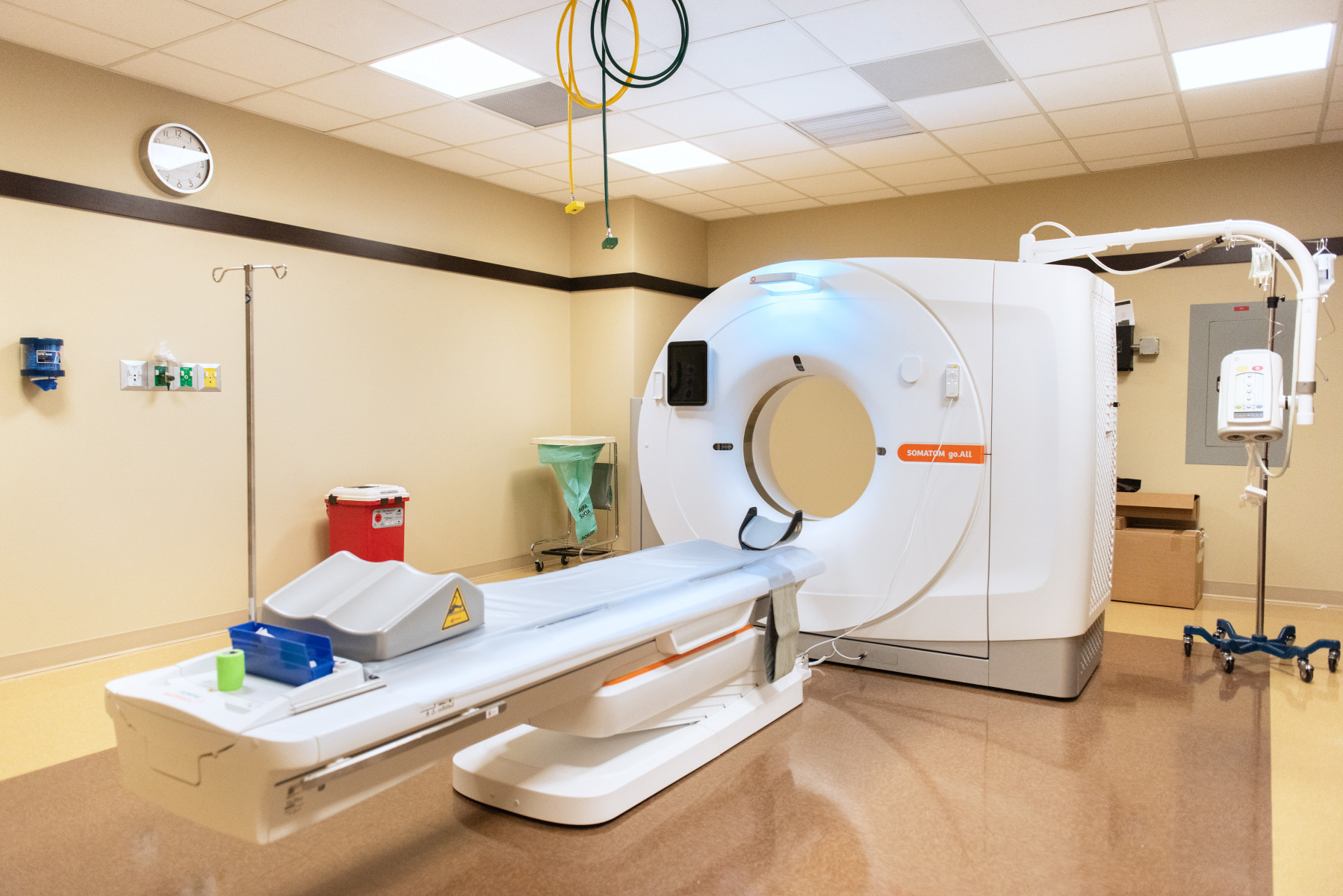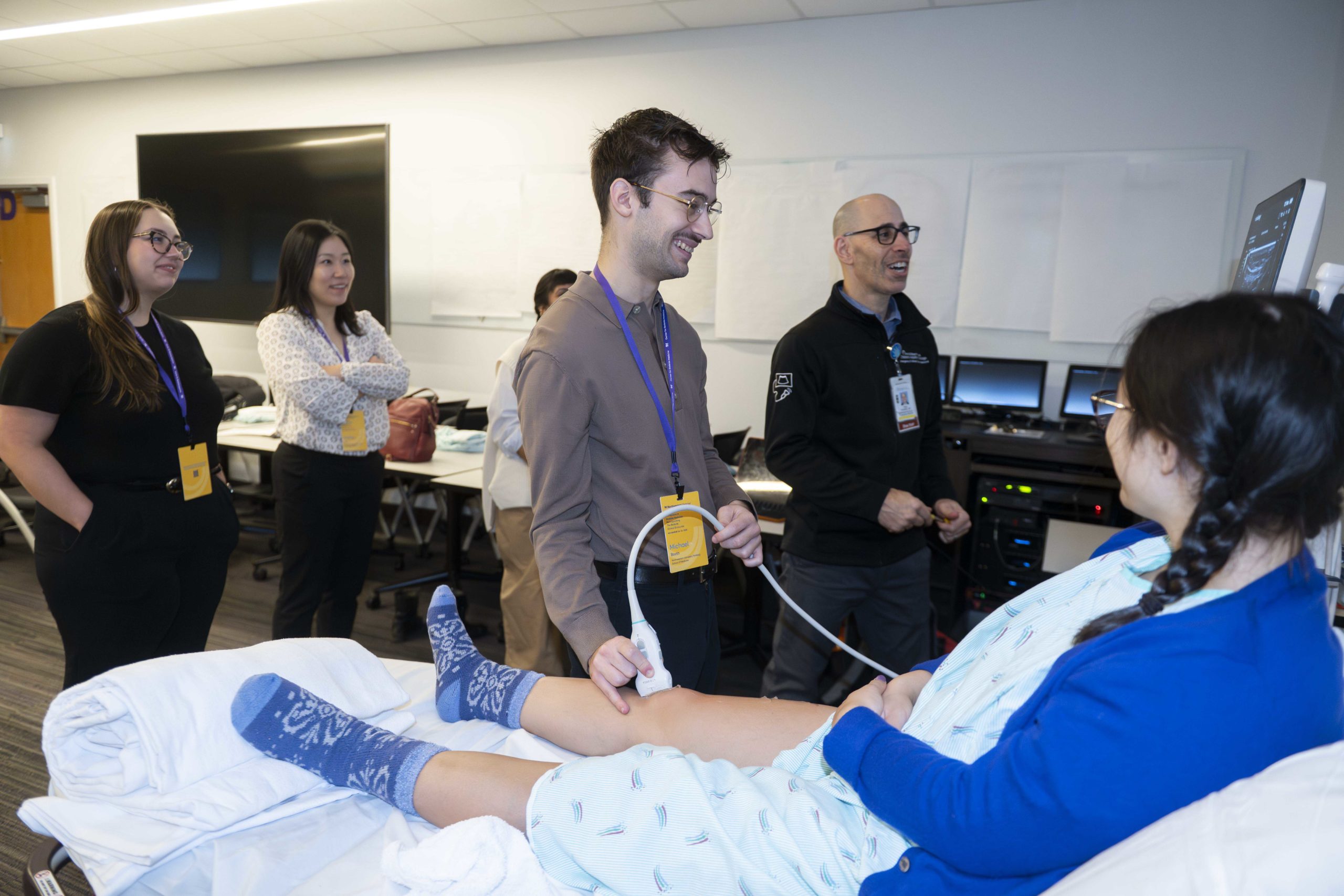Month: November 2025
-

Study Finds Uneven Burden of Brain and Nervous System Cancers in the US
A new nationwide study has revealed striking differences in how brain and nervous system cancers affect Americans depending on where they live, as well as their age, sex and socioeconomic status, according to the study published in JAMA Neurology.
-

Global Health Day Celebrates Research and International Collaboration
Northwestern students, faculty, staff and community partners shared and recognized global health research, education and outreach at the Robert J. Havey, MD Institute for Global Health’s 14th annual Global Health Day on November 19.
-

New Study Shows Lung Cancer Surveillance in the United States Misses Most Patients; Northwestern Medicine Investigators Urge Universal Age-based Screening
In a new study of nearly 1,000 consecutive patients treated for lung cancer at Northwestern Medicine, investigators discovered only 35 percent would have qualified for screening according to the U.S. Preventive Services Task Force (USPSTF) screening criteria.
-

Genetic Mechanisms Promote Antimicrobial Resistance in Gonorrhea
Northwestern Medicine scientists have identified previously unknown genetic mechanisms that promote antimicrobial resistance in gonorrhea, findings that may inform the development of more effective treatment strategies, according to a recent study published in PLoS Pathogens.
-

Medical and MPH Students Present Research at Poster Session
Feinberg recently hosted a joint poster session for second-year medical students and students in the Master of Public Health program, bringing together 120 MD and MPH students who presented projects spanning public health, clinical medicine, basic science and health equity.
-

Feinberg Hosts Inaugural Conference in Bedside Medicine
Physicians, educators and trainees from around the world convened at Feinberg’s inaugural Conference in Bedside Medicine, a two-day event designed to revive and celebrate the timeless yet evolving practice of bedside care.
-

Feinberg Art Fair Highlights Creative Talents
Medical students, trainees, faculty and staff gathered on November 17 to recognize and celebrate the creative talents of the Feinberg community at the Feinberg Art Fair, now in its second year.
-

How a Cellular ‘Engine’ Controls Building Blocks of DNA
Northwestern Medicine scientists have uncovered a surprising link between a tiny cellular engine and the way cancer cells build the DNA they need to proliferate, according to a new study published in Molecular Cell.
-

New Study Could Help Your Doctor Make Smarter Treatment Decisions
By presenting just the “sweet spot” of treatment alternatives in an electronic health record system, physicians were more likely to choose a high-quality alternative, according to a recent study.
-

Aortic Valve Replacements and Surgery Show Similar Long-Term Survival Rates
Patients with severe aortic stenosis who had a transcatheter aortic valve replacement procedure demonstrated similar seven-year survival outcomes compared to patients who had traditional surgery, according to a recent study published in The New England Journal of Medicine.






